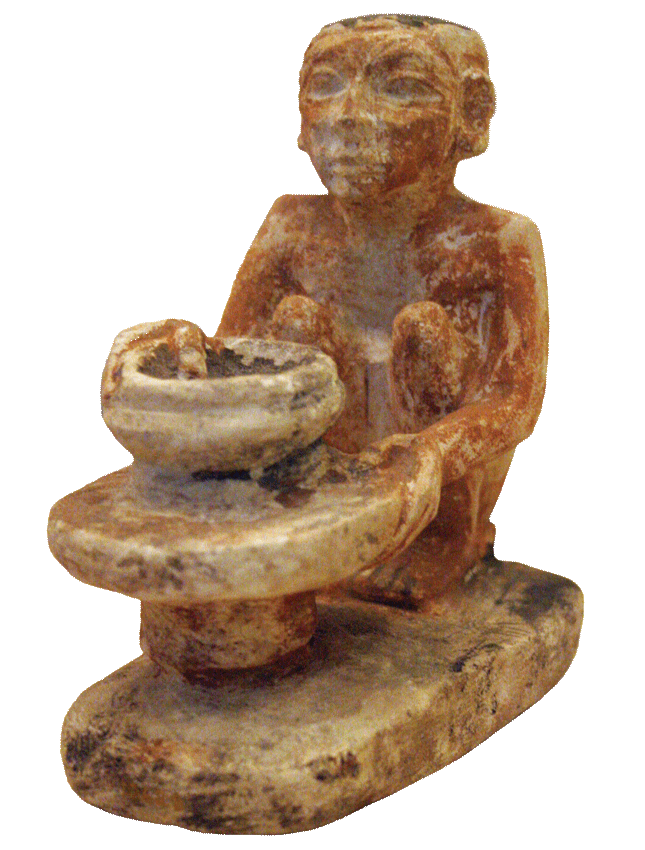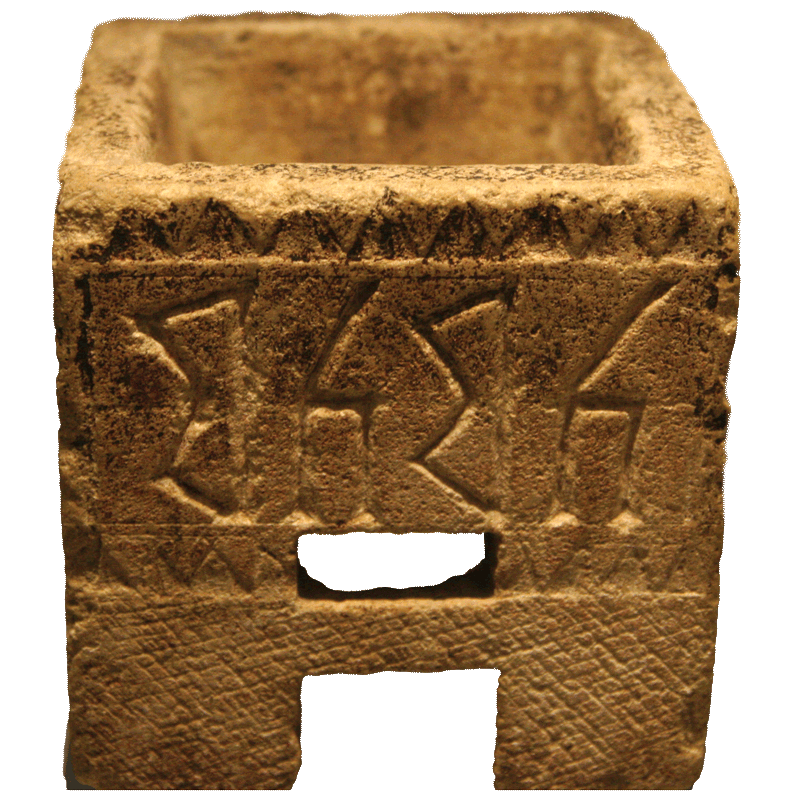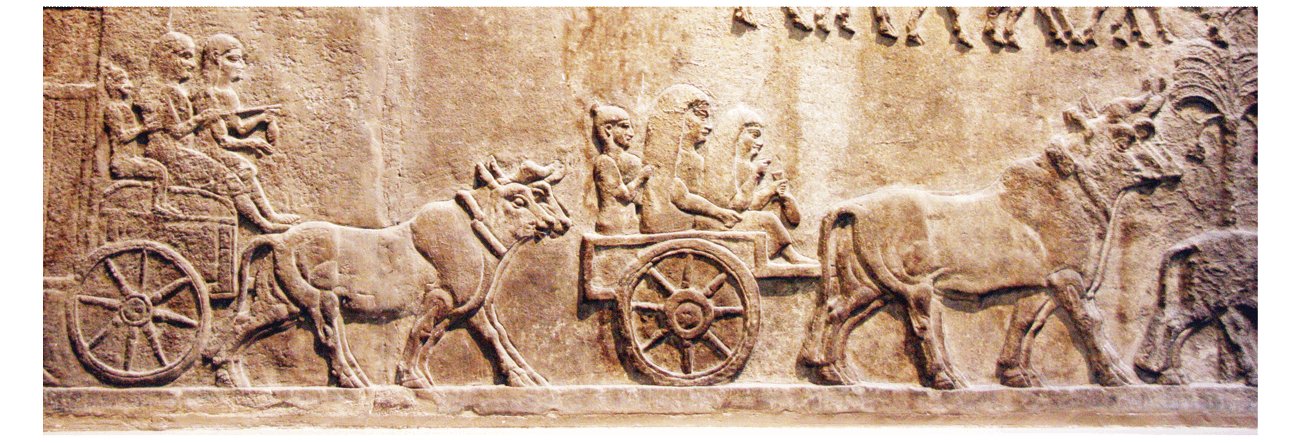Jeremiah
Sin, Judgment, and Deliverance through the New Covenant
Central Teaching
Imminent judgment will come upon faithless Judah for abandoning God and embracing idolatry and injustice, but future deliverance will come through the messianic “new covenant.”
Memory Verse
Setting
During the previous several hundred years (950 BC to 627 BC), the nation of Judah became more and more enamored with foreign idols and, as a result, became less and less faithful to God. Not only did they fall into blatant idolatry, but their society also unraveled morally as they disregarded God’s call to care for others and to be concerned with justice for all members of their society. Jeremiah lived and prophesied in Jerusalem during the tragic years leading up to the capture and terrible destruction of Jerusalem by the Babylonians. His ministry spanned over forty years, from 627 BC to shortly after 586 BC.

This model of an Egyptian potter was discovered in an ancient Egyptian tomb.
Message
Jeremiah’s message is typical of the Old Testament prophets and can be synthesized to three basic themes:
- You (Judah) have broken the covenant; you need to repent!
- No repentance? Then judgment!
- Nevertheless, there is hope beyond the judgment for a glorious, future restoration for both Israel/Judah and the nations.
Jeremiah 1–29 focuses on the many sins that characterize the people of Judah, underscoring how severely they broke the covenant that God made with them in Exodus and Deuteronomy. These sins can be grouped into three major categories: idolatry, social injustice, and religious ritualism. Like a prosecuting attorney, Jeremiah accuses Jerusalem and its leaders of committing idolatry and social injustice. Likewise, Jeremiah declares, religious ritual will not cover unethical behavior or make things right with God. To the contrary, Jeremiah warns, a terrible time of judgment is coming.
Jeremiah 30–33, by contrast, focuses on the coming glorious restoration after the judgment. At the center of this messianic message is the description of the coming new covenant. The remaining chapters chronicle how the kings and people of Jerusalem refuse to listen and repent, thus sealing their fate. The Babylonians invade, and the book of Jeremiah describes the terrible fall of Jerusalem.
Outline

Incense burner from nearby Arabia (the Sabaeans). Israel and Judah anger God by burning incense to Baal (11:17) as well as to other gods (19:13).
Interesting Features
- Jeremiah shares his personal fears and discouragements with us.
- Jeremiah connects the coming messianic era to a new covenant.
- The unfaithfulness of Israel in their relationship with God is regularly compared to the unfaithfulness of a spouse in their marriage.
- The judgment imagery of 1–29 is reversed to salvation imagery in 30–33, using the exact same images (e.g., 1–29 speaks of incurable sickness, 30–33 speaks of healing).

Assyrian wall relief depicting oxen yoked together and hitched to carts. Yokes play a major role in the story of Jeremiah 27–28.
Connections
Jeremiah hammers away at the sins of idolatry, social injustice, and religious ritualism, sometimes hitting very close to home. What do we idolize and worship instead of God? Wealth? Success? Fame? Do we live for ourselves during the week, ignoring the call to stand for social justice, and then assume that attendance in church on Sunday will make it all OK? Have we let our rituals (how we do church) replace our relationship with God?
Fortunately, Jeremiah also preaches hope and points those who will listen to the coming new covenant—the time of Christ—when the law will be written on hearts instead of on stone; it is a time characterized by forgiveness. Just as Jeremiah slaps us in the face with the seriousness of sin, so he also offers us the solution by pointing us to Jesus, who forgives our sin.